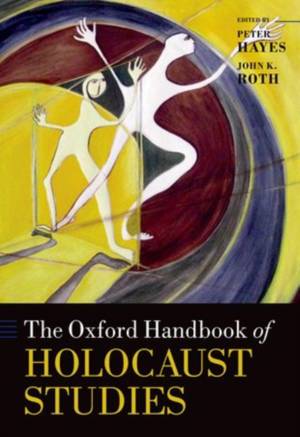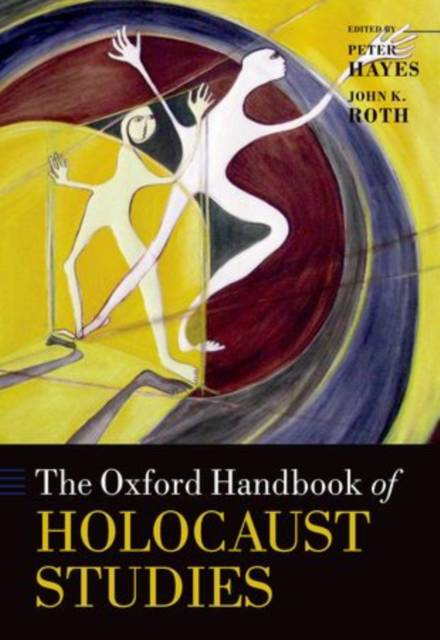
- Afhalen na 1 uur in een winkel met voorraad
- Gratis thuislevering in België vanaf € 30
- Ruim aanbod met 7 miljoen producten
- Afhalen na 1 uur in een winkel met voorraad
- Gratis thuislevering in België vanaf € 30
- Ruim aanbod met 7 miljoen producten
Zoeken
€ 62,45
+ 124 punten
Omschrijving
Few scholarly fields have developed in recent decades as rapidly and vigorously as Holocaust Studies. The persecution and murder perpetrated by the Nazi regime have become the subject of an enormous literature in multiple academic disciplines. Forty-seven contributors debate the key issues at the start of the twenty-first century.
Specificaties
Betrokkenen
- Auteur(s):
- Uitgeverij:
Inhoud
- Aantal bladzijden:
- 792
- Reeks:
Eigenschappen
- Productcode (EAN):
- 9780199668823
- Verschijningsdatum:
- 22/11/2012
- Uitvoering:
- Paperback
- Afmetingen:
- 172 mm x 246 mm
- Gewicht:
- 1354 g

Alleen bij Standaard Boekhandel
+ 124 punten op je klantenkaart van Standaard Boekhandel
Beoordelingen
We publiceren alleen reviews die voldoen aan de voorwaarden voor reviews. Bekijk onze voorwaarden voor reviews.








